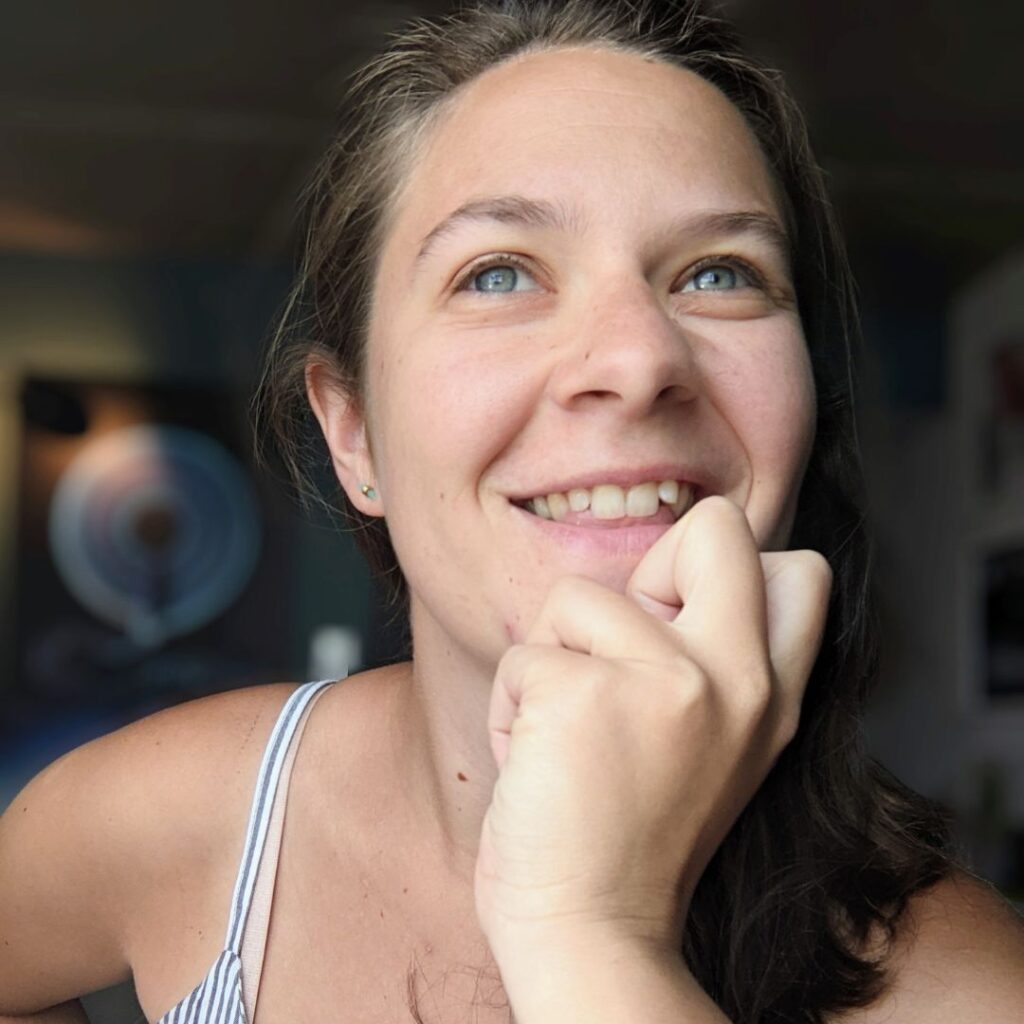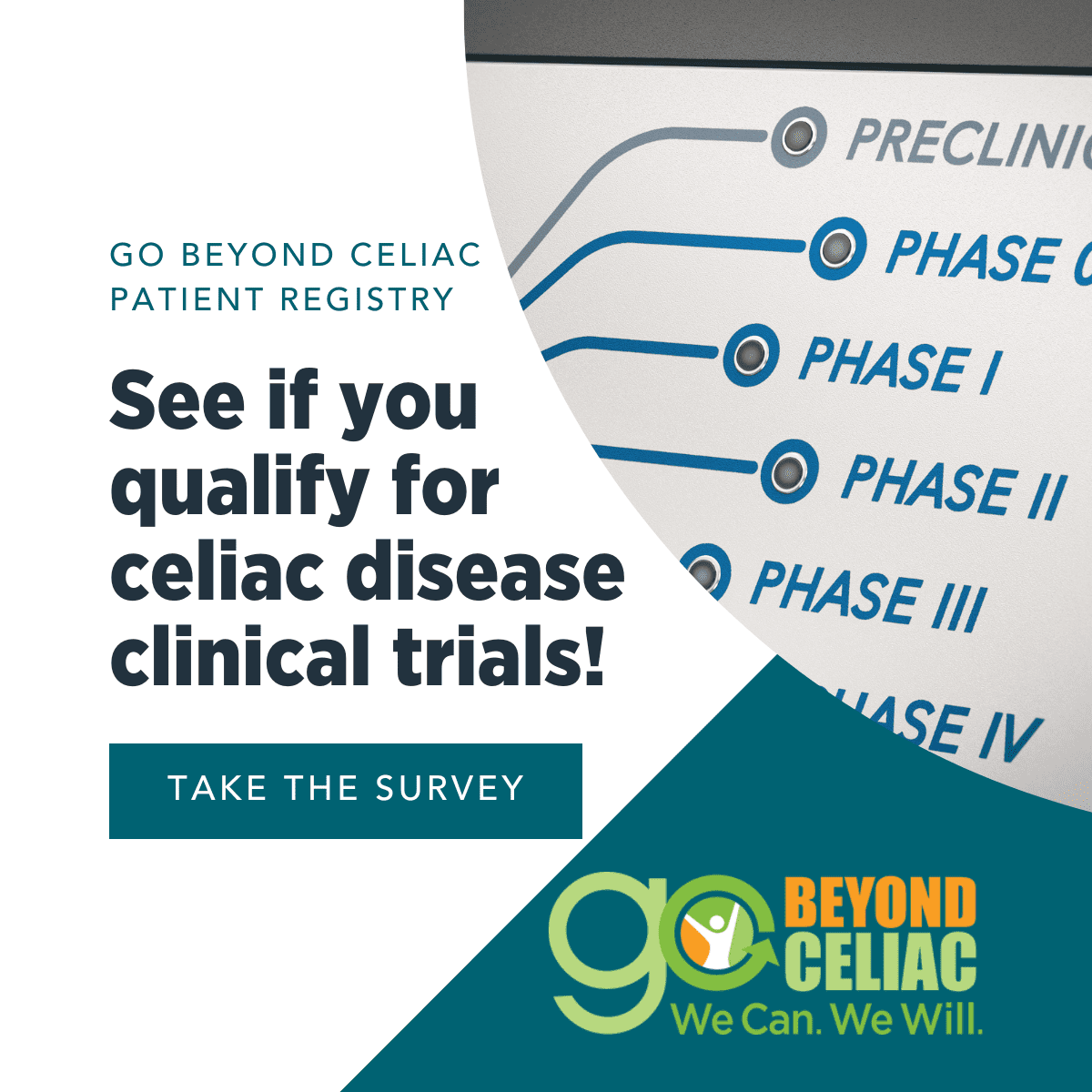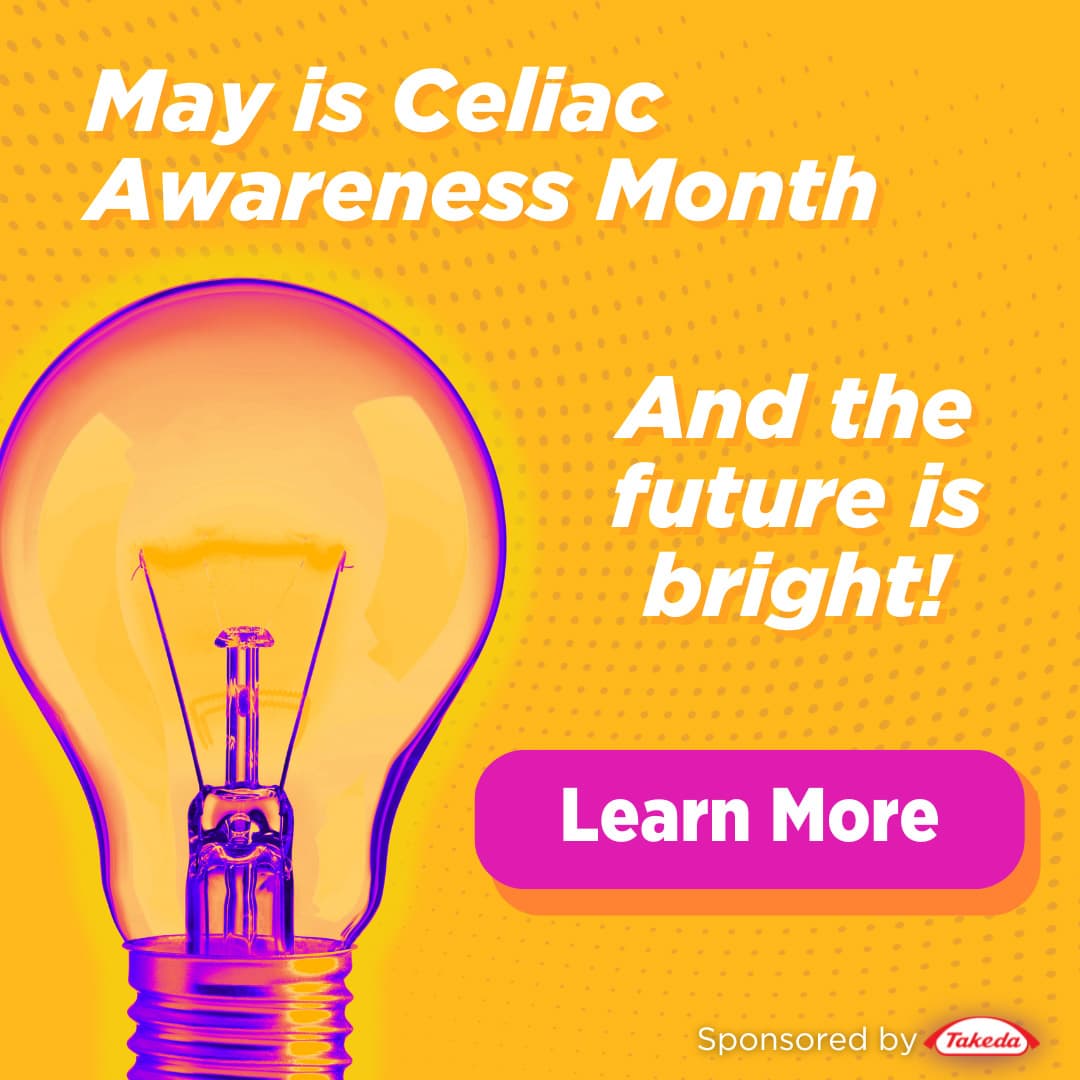Describe your life prior to diagnosis.
I was the kid who didn’t like doughnuts or sandwiches, but only because I thought they tasted weird. Generally, I was a healthy kid, and there was no cause for concern. In my late teens, I was even in the pipeline for the Olympics and had plans to play water polo in college for a division 1 team. It wasn’t until I got a concussion that my life changed, and after switching gears and going to photography school, I had sinus surgery over my first winter break home from college. Before the surgery, I was relatively happy, not experiencing any GI symptoms, and excited about the future. After the surgery, my decline was fast and terrifying.
How did you find out that you had celiac disease or non-celiac gluten sensitivity? Did you suspect it beforehand?
One of my roommates suggested celiac disease after a horrific incident with pizza. I was so swollen I hardly fit into my clothes, and the stomach cramping was as surprising as it was painful. I would scream inside my head to try to hide my pain from everyone around me. For months, I lived between severe constipation (12-14 days without a bowel movement) and diarrhea that was so bad I was afraid to eat anything. I had never learned about autoimmune diseases or even knew what gluten was. Luckily, I had another friend who studied biology, and after we talked, she suggested I stop eating gluten to see if I felt better. After a two-week elimination diet, I saw significant positive changes.
If you were diagnosed, who made the diagnosis?
I started with a primary care provider who was less than useless. When I asked for a blood test, he told me to take TUMS and settle myself. I insisted on the test, and when the blood test came back positive for celiac disease, he said that false positives happened all the time and it didn’t mean anything. I refused to believe what he was saying because I was so unwell. I could hardly walk, the diarrhea had become constant, and I lost 20 pounds in a month. I had to demand to see a gastroenterologist, and as soon as I spoke to the specialist, he wasted no time. I had an upper endoscopy with a biopsy, and my confirmation of celiac disease happened within weeks.
How long did it take for you to get diagnosed since your first symptoms and what (if any) challenges did you face along the way?
It took me under a year to get diagnosed, and I know how lucky I am. Many people have had to fight for years, and in preparation for my appointments, I read those stories as guides and inspiration for how to have conversations with doctors. I was in a new world with no room for error, and I found comfort in reading advice from others. By the time I got to my primary care provider, I knew I had celiac disease. I just knew.
Everything was a challenge. I was 19 and had to relearn how to live. My mental health was as much of an issue as my gut health because shortly after the sinus surgery, a few people who I considered close to me passed away. I wasn’t only in college while all of this was happening; I was grieving the loss of loved ones and also a loss of myself.
Do you believe anything could have sped up your diagnosis? If so, please explain:
After I had completed the experimental elimination diet, I chose to live in what I called a gray area. I knew enough to avoid the obvious things like pasta, burger buns, or cookies, but not enough to know that things like soy sauce would be an issue. If I had done more research, and gone to a doctor right away, I would have been much better off. I knew I had celiac disease, but I didn’t want to believe it. I didn’t want to change my life. I was so healthy before the surgery I refused to accept what was happening. Instead, I dissociated from the parts of me that needed help.
Describe your experience living with celiac disease:
I was diagnosed at 19, and I am about to turn 29. My 20s are nothing like I expected. When I got diagnosed, I lived in a small town in northern California but quickly moved to Portland, Oregon. This move was the best decision I could have made. Even ten years ago, being gluten-free wasn’t a big deal in Portland. I still lived in constant fear that something would make me sick, and I spent the first couple of years in a trial-and-error state of being, but unlike a lot of people I know, I had access to dedicated gluten-free restaurants and bakeries. Socially, things were difficult and confusing. Ultimately, I had to assess every relationship (platonic or romantic) and let go of people who didn’t understand.
I may have changed a lot of things about my life, but I didn’t let this disease stop me. I made wonderful friends, taught myself how to successfully travel, and slowed down my life. I focused on how to live well, love myself, and refind my confidence.
What would a cure mean for you?
A cure would mean that I have one less thing to worry about. It would give me back a part of my life that I haven’t seen in a long time. It would make the world a much less scary place.
Is there anything else you’d like to add to your story?
At 28 years old, I have over 15 medical conditions and counting. For a long time, I was either angry or so tired I didn’t feel anything at all. It’s taken years to adjust, understand, and accept that the kid I was is not the adult I am. It wasn’t until recently that I was well enough to start sharing my journey, and as much as I wish I would have started sooner, I’m glad that I am opening up now. My Instagram page @invisibleillnessliving has been the perfect place for me to share the journey of all my different conditions and a way to build community. As I expand, I’m adding updates to my website invisibleillnessliving.com
Thank you all for being here. I appreciate not only the celiac community, but the chronic illness community as a whole for being such a safe and supportive place.




